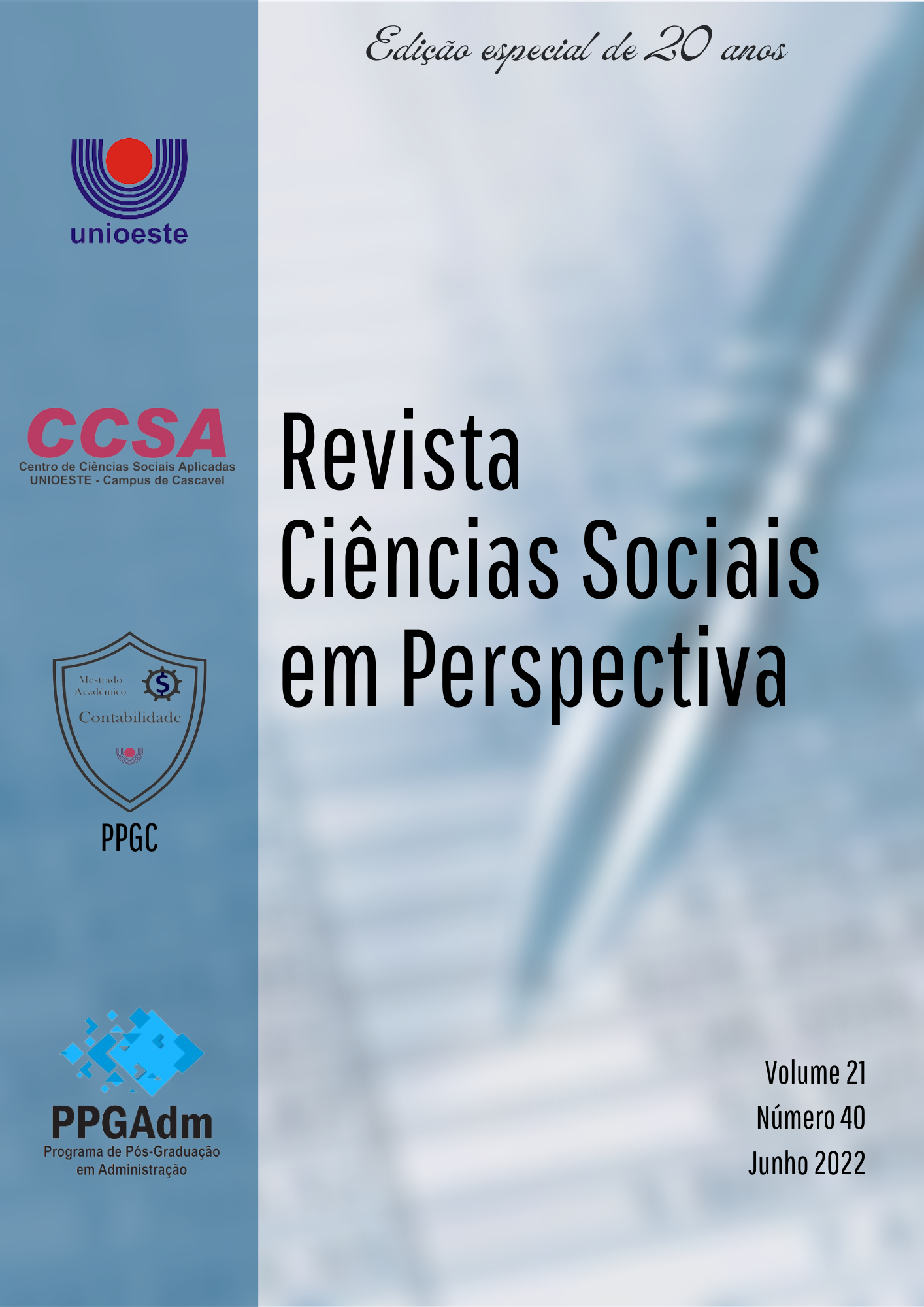Startups internationalization
lessons from literature
DOI:
https://doi.org/10.48075/revistacsp.v21i40.29496Abstract
The enterprise`s internationalization represents a reality in contemporary business strategies, as a way of ensuring development, support, and expansion of opportunities. Given the relevance of this theme, this article aims to identify the lessons from the literature on the internationalization of startups. Startups are early-stage companies that develop innovative solutions with a strong technological base and that have the potential for rapid growth in the market (RIES, 2011; 2012; RIBEIRO, 2012 GRAHAM, 2012). For exploratory purposes, the quali-quanti approach was used to quantify and qualify secondary sources, based on articles published in the SPELL database (Scientific Periodicals Electronic Library). From the search terms, five articles were found. The works mainly address case studies and, in general, show that partnerships and relationship networks are relevant for internationalization. Most of the studies are concerned with the nexus between internationalization and the innovation of startups. It is suggested that future studies could map startups ecosystems in order to identify the extent to which they contribute to their internationalization.
Downloads
Downloads
Published
How to Cite
Issue
Section
License

This work is licensed under a Creative Commons Attribution-NonCommercial-ShareAlike 4.0 International License.
Aviso de Direito Autoral Creative Commons
Política para Periódicos de Acesso Livre
Autores que publicam nesta revista concordam com os seguintes termos:
1. Autores mantém os direitos autorais e concedem à revista o direito de primeira publicação, com o trabalho simultaneamente licenciado sob a Licença Creative Commons Attribution que permite o compartilhamento do trabalho com reconhecimento da autoria e publicação inicial nesta revista.2. Autores têm autorização para assumir contratos adicionais separadamente, para distribuição não-exclusiva da versão do trabalho publicada nesta revista (ex.: publicar em repositório institucional ou como capítulo de livro), com reconhecimento de autoria e publicação inicial nesta revista.
3. Autores têm permissão e são estimulados a publicar e distribuir seu trabalho online (ex.: em repositórios institucionais ou na sua página pessoal) a qualquer ponto antes ou durante o processo editorial, já que isso pode gerar alterações produtivas, bem como aumentar o impacto e a citação do trabalho publicado (Veja O Efeito do Acesso Livre).
Licença Creative Commons
Esta obra está licenciada com uma Licença Creative Commons Atribuição-NãoComercial-CompartilhaIgual 4.0 Internacional, o que permite compartilhar, copiar, distribuir, exibir, reproduzir, a totalidade ou partes desde que não tenha objetivo comercial e sejam citados os autores e a fonte.





